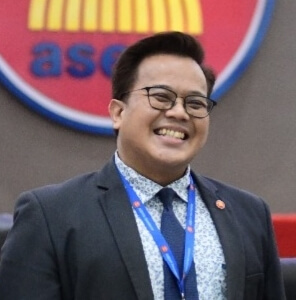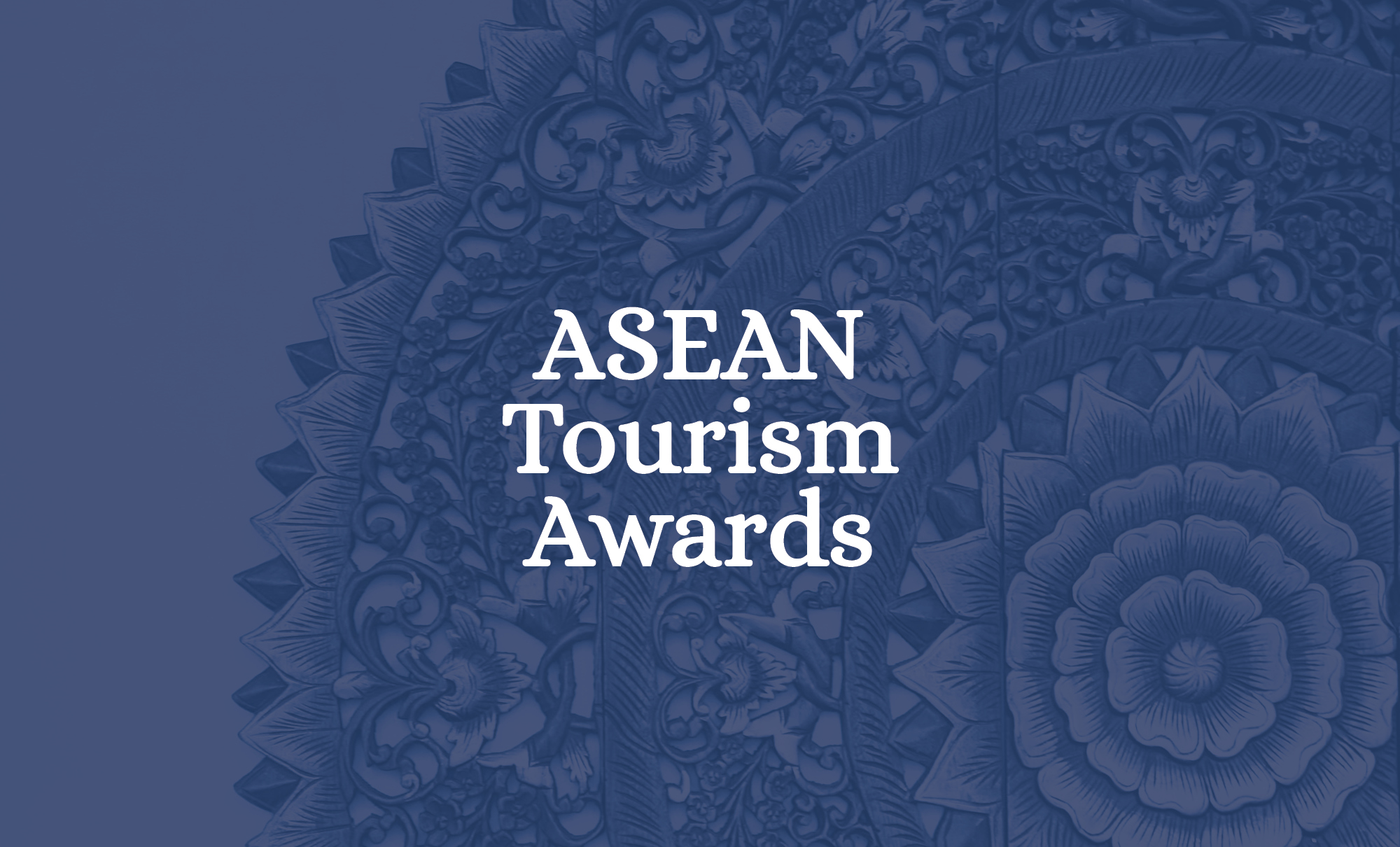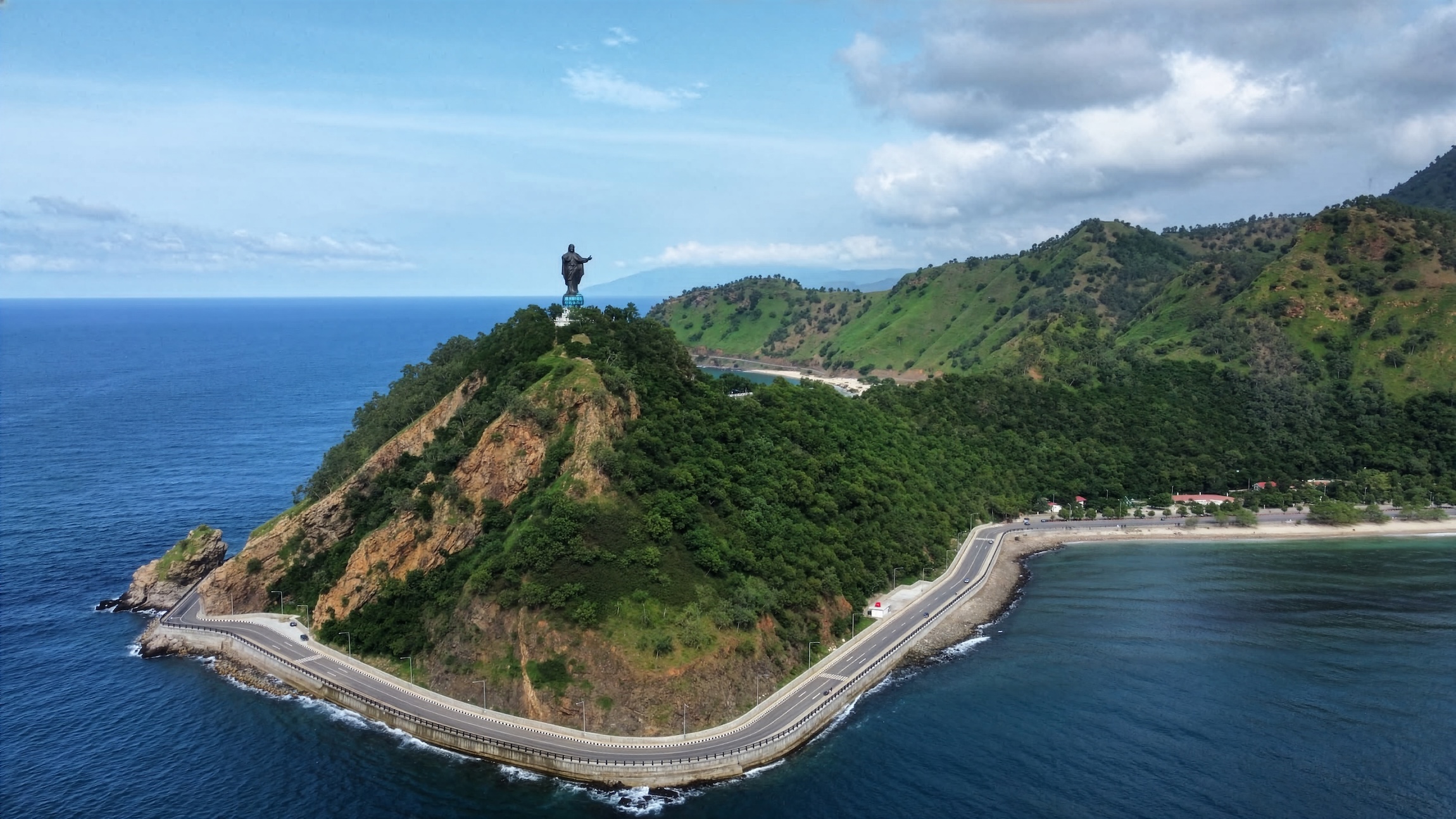




In a special virtual online meeting held on 19 August 2020, the ministers overseeing ASEAN’s cooperation on rural development and poverty eradication gathered to discuss initiatives that are being undertaken at the national level to protect the poor from the impacts of the COVID-19 pandemic.
Guided by the theme, “Reducing Poverty and Building Resilience: Towards COVID-19 Recovery,” the ministers recognised that a majority of the poor in the ASEAN region live in rural areas where there is limited access to basic services such as health, education, and social protection, as well as limited infrastructure and connectivity. On the other hand, the poor living in urban areas mostly reside in congested informal settlements with limited protection and employment opportunities.
As the pandemic’s clutches grip urban centers and creep to rural areas, pre-existing inequalities and vulnerabilities are being exacerbated, damaging local economies, limiting availability of opportunities, and on the whole, endangering the livelihoods and resilience of poor people living in rural and urban areas. Moreover, the pandemic is disproportionately affecting rural women, which impedes them from contributing to the transformation of rural economies. Similarly, the rural youth’s potentials are hampered due to the pandemic’s impact on access to education and skills development, as well as opportunities for employment and entrepreneurship.
“ASEAN today faces unprecedented challenges posed by the outbreak of COVID-19,” said Dr. Aung Thu, Union Minister for Agriculture, Livestock and Irrigation of Myanmar and Chair of the ASEAN Ministerial Meeting on Rural Development and Poverty Eradication (AMRDPE). He pointed to the possibility of poverty alleviation initiatives slowing down and a great number of people in the region being pushed further into poverty.
Dr. Aung Thu still expressed his optimism for ASEAN’s recovery. Such challenges, he said, have “encouraged our determination and commitment to demonstrate our spirit of cohesiveness and responsiveness in addressing the global pandemic and mitigating its socio-economic impacts.” He underscored the critical importance of a “coherent, multi-sectoral, multi-stakeholder approach to ensure ASEAN’s timely and effective response to the pandemic.”
The ministers agreed that protecting the poor and most vulnerable is paramount in designing fair, inclusive, and equitable recovery initiatives. Countries can deliver protection by facilitating public and private investments in activities to revitalise rural and urban economies. Also, efforts must be made to bridge the digital divide and use the opportunity presented by the recovery from the pandemic to introduce digital infrastructures that would facilitate seamless connectivity between rural, peri-urban, and urban areas. Cutting across these initiatives is the need to address the specific challenges faced by rural women and rural youth that hinder them from unleashing their full potential. Ultimately, reducing poverty and building resilience would require a pro-poor, inclusive, and gender-, and climate-responsive approach to recovery.
At the regional level, ASEAN is in a unique position to leverage development cooperation to build-back better and institutionalise resilience. Secretary-General of ASEAN Dato Lim Jock Hoi, in his remarks, emphasised that in moving towards recovery from the pandemic, “we must take this opportunity to give more attention to rural sector, rural economy and overall rural development efforts.”
Towards this end, the ASEAN Leaders announced at the 36th ASEAN Summit the establishment of the COVID-19 ASEAN Response Fund which intends to mobilise a regional reserve of medical supplies as well as establish a standard procedure for public health emergencies. The ASEAN Leaders also mandated the development of an ASEAN Comprehensive Recovery Framework. The recovery framework aims to provide the strategies and policy guidance on ASEAN’s coordinated efforts to reopen the region’s economy, ensure human security, and strengthen resilience.








